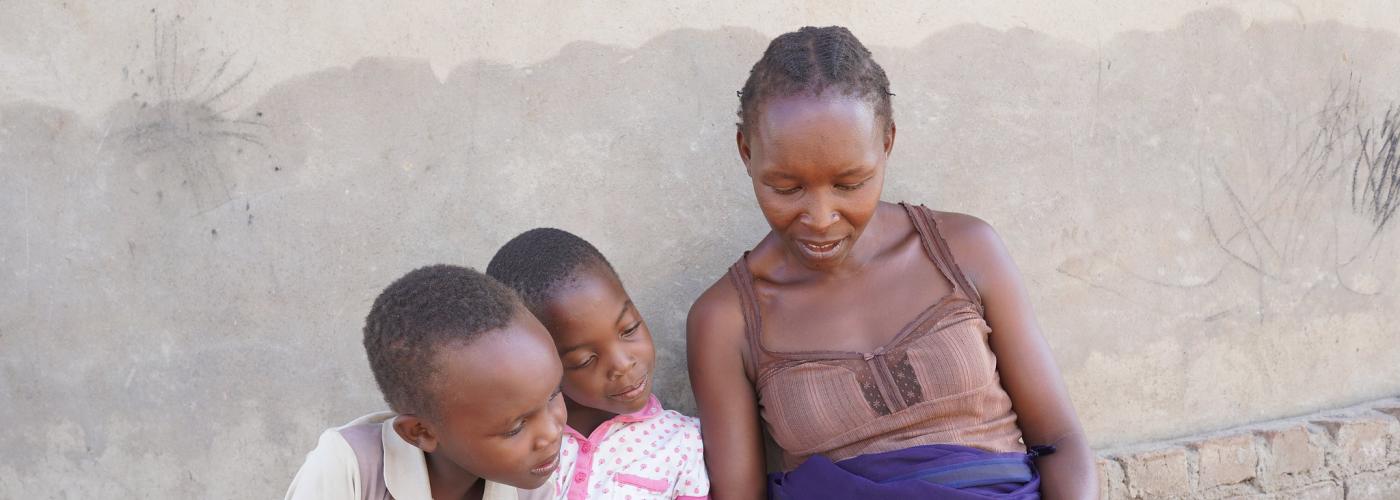Promoting Intersectional COVID-19 Response Efforts in International Development
Image

Research to date clearly suggests that women around the world are disproportionately impacted by COVID-19. They are losing their jobs at higher rates than men, experiencing increased care burdens and domestic violence, and struggling to maintain their businesses. Further, the overlay of other identities including race, disability, sexual orientation, age, socio-economic status, geography, migration status and other pre-existing structural inequalities and conditions intensifies the impact of COVID-19. This resource compendium highlights how the COVID-19 pandemic has exposed disproportionate vulnerabilities of diverse groups and why an intersectional approach to pandemic response efforts within international development is critical. There have been many resources developed and shared throughout 2020 – from policy briefs to podcasts to news articles – that urge for an intersectionality-driven approach to the COVID-19 response.
First, beyond a health crisis, the COVID-19 pandemic is an economic crisis impacting women globally. Women are concentrated in the economic sectors hit hardest by the pandemic. However, an intersectional approach to the data analysis reveals that the sectors with the most extreme losses are those where non-white women are concentrated. Thus, the economic impacts of the pandemic are being felt disproportionately even amongst women themselves.
Second, sex-disaggregated data also disaggregated by race, ethnicity, age, disabilities, sexual orientation, and more is critical to not only identifying issues but enacting data-driven solutions. Disaggregated data can reveal disparities between particular groups that were impossible to identify with just sex-disaggregated data. That we have inadequate data on COVID-19 is not new and joint efforts are now being made by various UN agencies, civil society and governments to identify specific areas where data is missing.
Finally, it is critical that response efforts include women of various races, with disabilities, and LGBTQI populations in the design and implementation of assistance. Initial efforts failed because these populations were not considered and there was no one in the room to advocate for them. Diverse leadership in response efforts is key to successfully reaching those who are disproportionately impacted.
While efforts by UN Women, USAID, and other donors are under way to support women more broadly during the pandemic, it is increasingly clear that response programs will need to utilize intersectional data and approaches – highlighted by several key takeaways below – to inform improved and more tailored assistance. While an intersectional approach to all developmental issues is important, it is ever more critical during COVID-19 because the use of such an approach could save lives.
Access the Resource Compendium.

